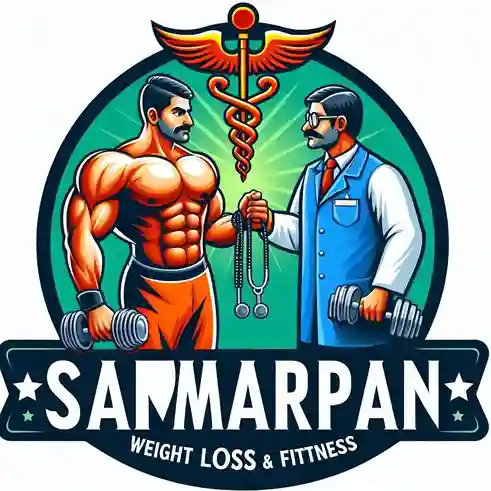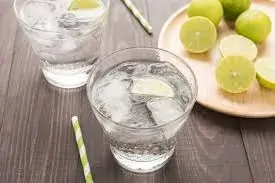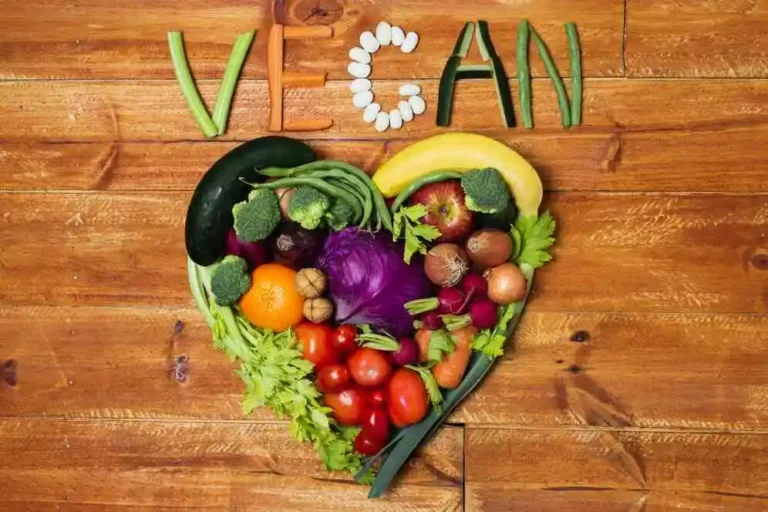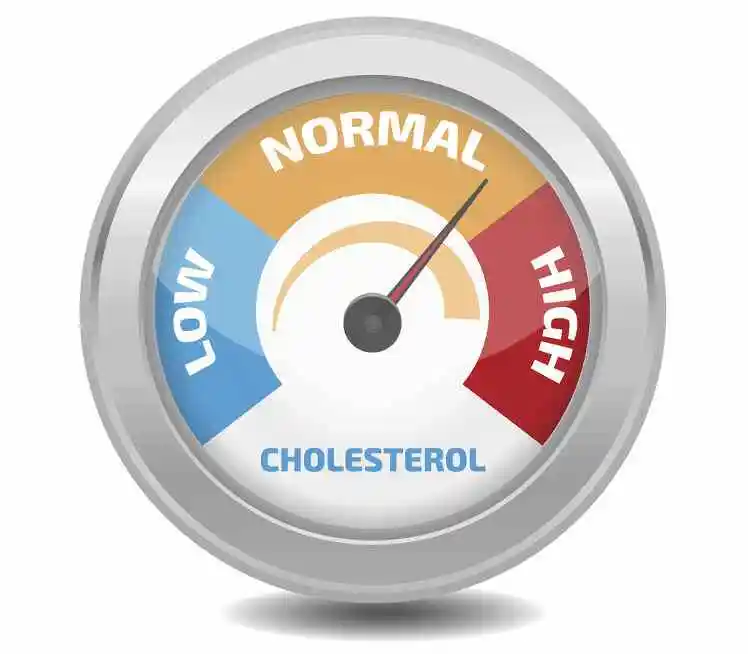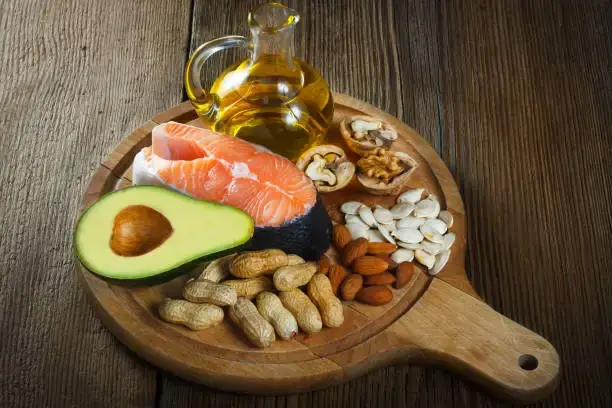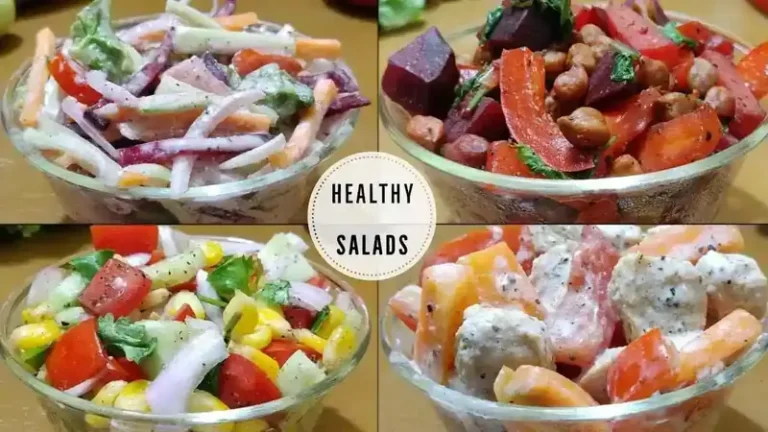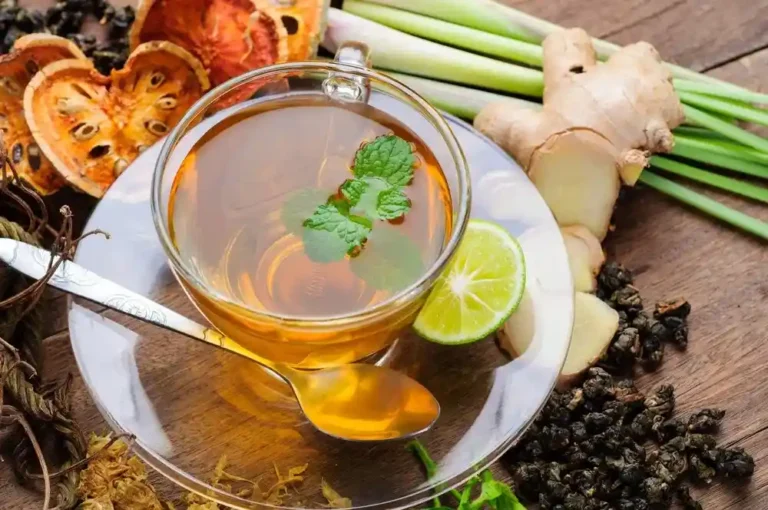How Much Calories in Vodka?
Vodka is one of the greatest alcoholic beverages to consume when on a diet since it contains no sugar or carbohydrates and has less than 100 calories per shot. Just be mindful that adding juices and mixers might increase the amount of calories and sugar in your beverage.
Vodka’s nutritional value:
Due to its composition of water and ethanol or alcohol, vodka is nutrient-deficient, including gluten.
However, if you’re following a Paleo or Keto diet, the good news is that no nutrients imply no sugar or carbohydrates.
Vodka is often made by heating grains like rye after they have been combined with water. The mixture is then mixed with yeast to begin the fermentation process, which converts carbohydrates into alcohol. The liquid is then subjected to distillation.–According to Brittanica,
In the rarest instances, grapes or sugar beets are fermented to produce alcohol or potatoes—look at you, Russia, Poland, and Maine!—to produce the clear spirit.
It’s important to remember that although pure spirits could have fewer calories, combining them with syrups or other sweet drinks can greatly raise the calorie content. The total calorie count can be reduced by adding fresh lemon or lime juice, diet soda, or low-calorie mixers like soda water.
What exactly is the calorie count of a shot of vodka?
Compared to wine or beer, vodka is said to have fewer calories. Your vodka has more calories the more concentrated it is (the higher the proof). The percentage of alcohol in the spirits is represented by the “proof,” which is a numerical value.
By dividing the evidence in half, you can get the percentage. For instance, 80 proof indicates 40 percent alcohol while 100 proof indicates 50 percent.
The more proof there is, the more calories there are (and the greater the impact on your blood alcohol concentration). One and a half ounces of vodka contains the following amount calories:
- 70-proof vodka: 85 calories
- 80-proof vodka: 96 calories
- 90-proof vodka: 110 calories
- 100-proof vodka: 124 calories
A carbohydrate is not alcohol. Only the alcohol alone provides calories in vodka. A gram of pure alcohol has around seven calories. For comparison, there are around 4 calories per gram in both protein and carbs and 9 calories per gram in fat.
This indicates that alcohol is just marginally less fattening than fat and almost twice as fattening as protein or carbs.
Generally speaking, vodka brands with the same proof have the same number of calories. For instance, all of the 80-proof vodkas—Kettle One, Smirnoff, Grey Goose, Skyy, and Absolut—have 96 calories for every 1.5-ounce shot, or 69 calories per ounce.
Possible Health Advantages of Vodka:
Moderate alcohol use may be beneficial to your health, according to some research. There has been considerable misunderstanding over what “moderate drinking” actually means. Generally speaking, moderate drinking is one drink for women and up to two for males each day. Twelve ounces of ordinary beer, five ounces of wine, or one and a half ounces of 80-proof distilled spirits are all considered drinks. Drinking alcohol in moderation can lower your chance of developing the following conditions:
- Heart conditions
- Ischemic stroke
- Diabetes
To confirm the link between moderate drinking and these advantages, additional research is necessary.
Furthermore, how you use alcohol matters more than what you consume. You won’t get the same potential advantages as someone who drinks one alcoholic beverage on each of the next two days, for instance, consuming three on one day and none on the next two.
Are there carbohydrates in vodka?
Distilled spirits, including vodka, rum, whisky, and gin, never include carbs since they are made entirely of alcohol. Vodka is a great option if you’re watching how many carbohydrates you consume.
Given that vodka is derived from foods high in carbohydrates, such as potatoes and wheat, this may seem strange. Nevertheless, the fermentation and distillation procedures eliminate the carbohydrates.
Compared to other forms of alcohol, vodka’s calories and carbohydrates:
Rum, whisky, gin, and tequila are examples of other distilled liquors that have no carbs and around the same number of calories as vodka. It depends on the evidence and the brand, of course.
For instance, some rum products have added sugar and spices, which alters both the flavor and nutritional value.
Compared to vodka, wine and beer often have more calories and carbs per serving:
| Type of Beverges | Calorie count | Carb count |
| Wine(5 ounces) | 125 | 5 |
| Beer(12 ounces) | 145 | 11 |
| Light Beer(12 ounces) | 110 | 7 |
| Type of Beverages | 84 | 4.6 |
Are there extra calories in flavored vodka?
In addition to making for a more delectable experience, flavor-infused vodkas may also remove the need for high-calorie mixers like orange or cranberry juice. These days, vodka can be made to taste like almost anything, either naturally or artificially.
Watermelon, cucumber, lemon, berries, coconut, vanilla, and cinnamon are popular options. Other unusual infusions include mango, ginger, whipped cream, bacon, and even smoked salmon.
The best thing is that aside from regular vodka, the majority of the infused varieties have no additional calories!
Vodka cocktails created with flavored sugary syrups added after the fermentation and distillation process should not be confused with vodka that has been infused with flavor. These goods frequently have a lot more calories than vodka that has been infused.
Always pay close attention to the labeling. Try looking up nutritional information on the manufacturer’s website if it isn’t on the product label.
Low-calorie vodka beverages:
The only taste that vodka has on its own is the burning alcohol flavor that many people find disagreeable.
To improve the flavor, a lot of drinkers decide to combine vodka with sugary drinks like soda or juice. However, many of these mixers include a lot of sugar, which can seriously disrupt your diet.
An orange juice cupFor instance, a can of ordinary soda has over 140 calories, but a can of Trusted Source has 112 calories. A significant portion of those calories come from sugar.
Mix your vodka with one of the following to make a low-calorie, low-carb beverage instead of sweet ones:
- drinks with less sugar,
- club soda or water with a squeeze of lemon or lime, diluted cranberry juice or lemonade,
- iced tea,
- club soda, mint leaves, and a sugar substitute that has no calories (such as stevia)
Possible Dangers of Vodka:
There are risks associated with even modest alcohol use. Avoid drinking altogether if you are:
- Trying to conceive or already pregnant
- Driving when depressed and under the legal drinking age
- Unable to limit how much you consume
- Pregnancy loss or birth abnormalities
Pregnancy-related alcohol use raises the risk of miscarriage or stillbirth because it is transferred to the unborn child through the umbilical cord. Additionally, fetal alcohol syndrome disorders (FASDs) can be caused by drinking during pregnancy. A variety of behavioral, cognitive, and physical symptoms are seen in children with FASDs.
Drug Interactions
Alcohol and several drugs might interact negatively. Certain drugs may become harmful or ineffective when used with alcohol. Additionally, the combination may result in tiredness, nausea, or impaired coordination. It could potentially increase your chance of developing heart issues, internal bleeding, or breathing issues.
Observe the directions provided by your physician or pharmacist as well as the labels of your medications. Don’t be scared to enquire if you have any concerns regarding a medication’s possible interaction with alcohol.
Breast Cancer
All alcohol-related malignancies, including those of the female breast, liver, esophagus, pharynx, larynx, colorectum, and oral cavity, but especially breast cancer, may become more likely with even moderate alcohol use.
Sleep Disorders
Moderate alcohol use has a calming effect at first, but excessive alcohol use can disrupt deep, long-lasting sleep, which can lead to daytime drowsiness and other sleep-related issues.
Gaining Weight
Alcohol is not just high in empty calories but also has the potential to cause overeating. Alcohol seems to activate the areas of the brain that trigger hunger in addition to lowering inhibitions that could normally help you control your want to overeat. To confirm this association, further human testing is necessary.
Drinking Too Much
Drinking in moderation might turn into excessive drinking. Short-term consequences of binge drinking include alcohol toxicity and dangerous behavior. Long-term dangers consist of:
- Alcohol abuse disorders
- Heart illness, stroke, or elevated blood pressure
- Anxiety and depression
- Issues with digestion
- Some types of cancer
- Alzheimer’s disease
- A compromised immune system
The takeaway
Vodka is a low-calorie liquor that has no nutritional value and contains no sugar, fat, or carbohydrates. Vodka is a wonderful option if you’re on a diet or just want to drink without consuming too many calories. Compared to pre-mixed cocktails, wine, champagne, and beer, it has fewer calories and carbohydrates.
Combine vodka with diet Coke, lemon juice, or soda water to cut down on calories and carbs. However, you should always aim to consume as little alcohol as possible because the calories may mount up rapidly.
Keep in mind that if your liver is busy processing alcohol, it cannot assist you in burning fat. It’s critical to understand that drinking too much alcohol can seriously harm your general health.
The limits are lower for women, who are allowed to have no more than three drinks per day and seven drinks weekly. Excessive alcohol use can seriously harm your heart, liver, brain, and other important organs. Additionally, it may raise your chance of developing several malignancies.
If you are pregnant, avoid drinking vodka or any other kind of alcohol.
FAQs
Does vodka include a lot of sugar?
Minerals and other nutrients are not present in large quantities in vodka. Compared to certain other liquors, vodka contains less calories and no sugar. If you currently drink, vodka could be a somewhat healthier choice. However, as mixers are sometimes heavy in sugar, use caution when adding vodka.
Does vodka turn into sugar in your body?
Although the idea that alcohol turns into sugar is untrue, alcohol can have a yo-yo impact on blood sugar levels. Blood sugar levels are first raised by alcohol, but they sharply decrease as the body consumes it.
Is vodka better for you than beer?
This distillation procedure is the main reason for the lower calorie content as compared to beer. Alternatively, the fermentation process makes beer a high-calorie beverage. Vodka is the preferred beverage for people on tight diets or attempting to lose weight since it is less likely to cause weight gain.
What kind of booze has a lot of sugar?
Every alcoholic beverage has some sugar, although some have more than others. Pre-mixed beverages including alcopops, liqueurs, cider, and fortified wines have the highest sugar content. The 700ml bottle of the most sugary alcoholic beverage has almost 15 teaspoons of sugar.
Does drinking alcohol cause cholesterol to rise?
Heavy alcohol use is linked to increased levels of LDL cholesterol, total cholesterol, and triglycerides, as well as a higher risk of heart disease and mortality from it, even while light to moderate drinking may raise HDL cholesterol.
References
- Huizen, J. (2023b, November 17). Which type of alcohol has the fewest calories? https://www.medicalnewstoday.com/articles/322568#why-vodka-and-weight-loss-do-not-mix
- Osborn, J. (2024, February 7). Calories in Vodka. Kitchen Serf. https://kitchenserf.com/calories-in-vodka/
- WebMD Editorial Contributor. (2024, October 17). Vodka: Are There Health Benefits? WebMD. https://www.webmd.com/diet/vodka-health-benefits
- Cafasso, J. (2018, September 18). What to Know About Vodka: Calories, Carbs, and More. Healthline. https://www.healthline.com/health/food-nutrition/vodka-calories
